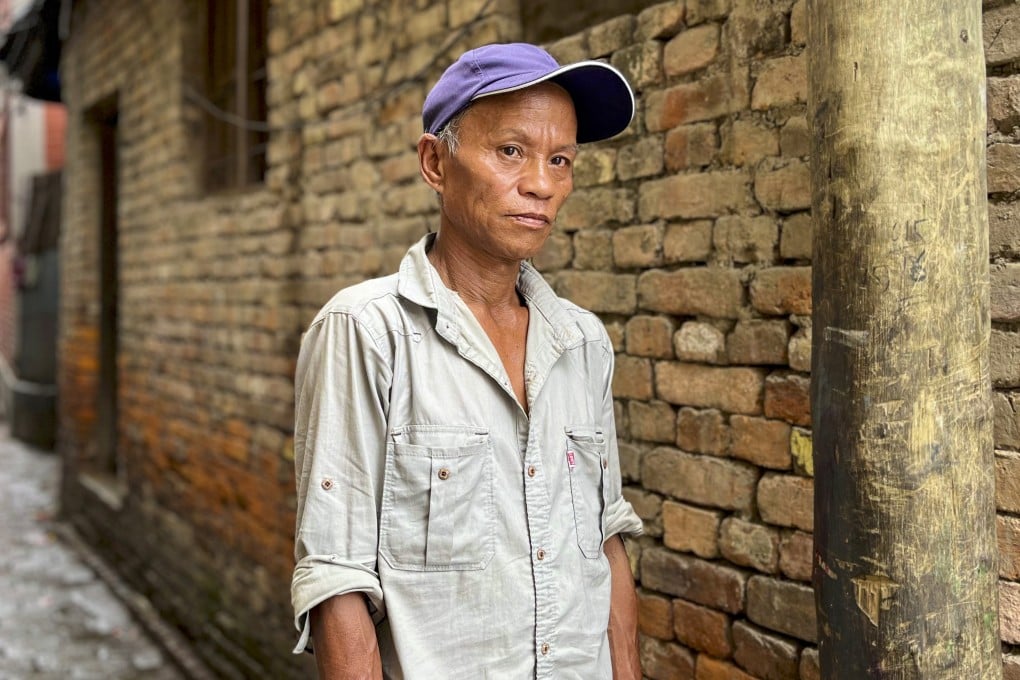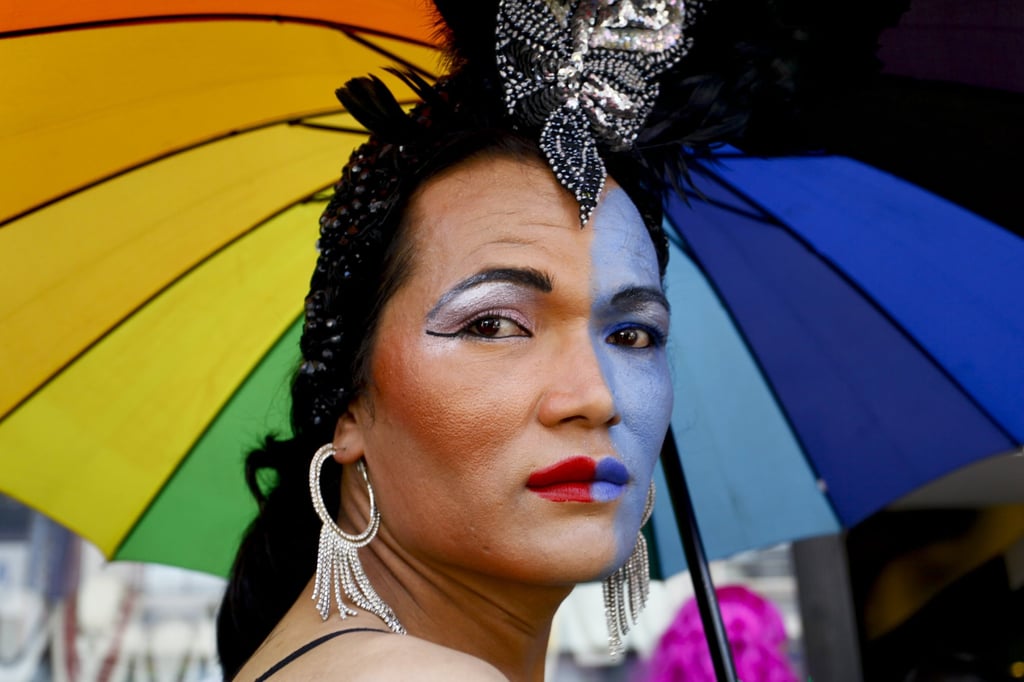Nepal’s older LGBTQ people feel ‘invisible’ – alienated from society, activist community
- Many over 50 had heterosexual marriages to meet social norms. Some who are now trying to lead a more authentic life are rejected by their own children
- As Nepal inches towards marriage equality, older LGBTQ people say they face unique struggles, with their needs being overlooked even by activists

At age 11, Sapana Chaudhary knew she was not like the other boys. By 17, she was being bullied for being effeminate, yet still forced by parents to marry a girl around the same age. Now 55 and a parent-of-three who identifies as a transgender woman, Chaudhary reflects on a life shaped by prejudice.
“My son tore all my women’s clothing and said I bring shame to the family,” said Chaudhary, who now lives alone in eastern Nepal. “But what do I do? This is who I am.”

A 2022 survey of 100 LGBTQ individuals aged 50 to 75 by Mitini Nepal – a charity promoting lesbian, bisexual, and transgender rights – found that 15 per cent were in heterosexual relationships, with some married due to pressure to hide their sexuality or being forced to by family.
Sixty-five per cent of those surveyed said they lived under emotional and psychological pressure.